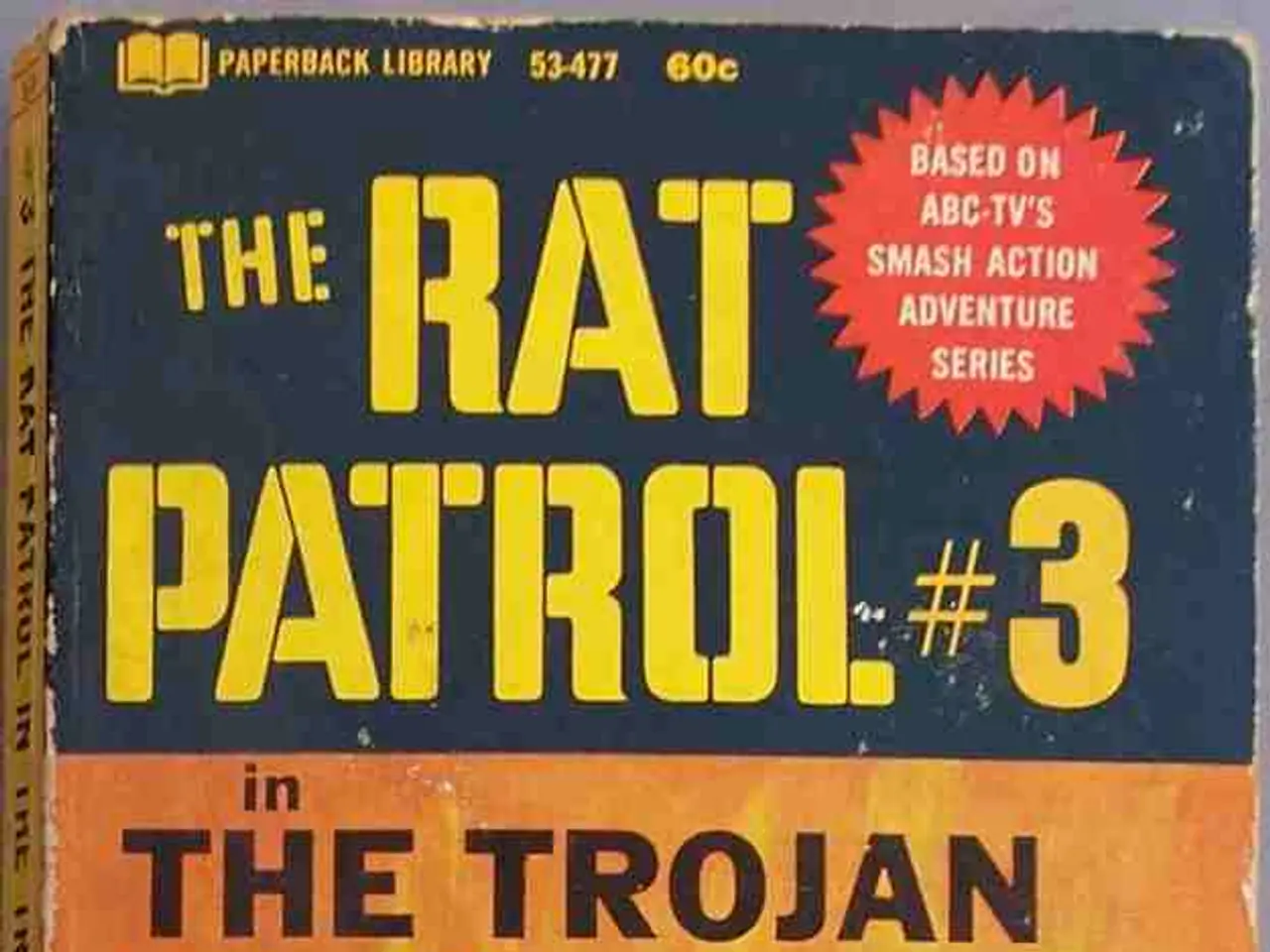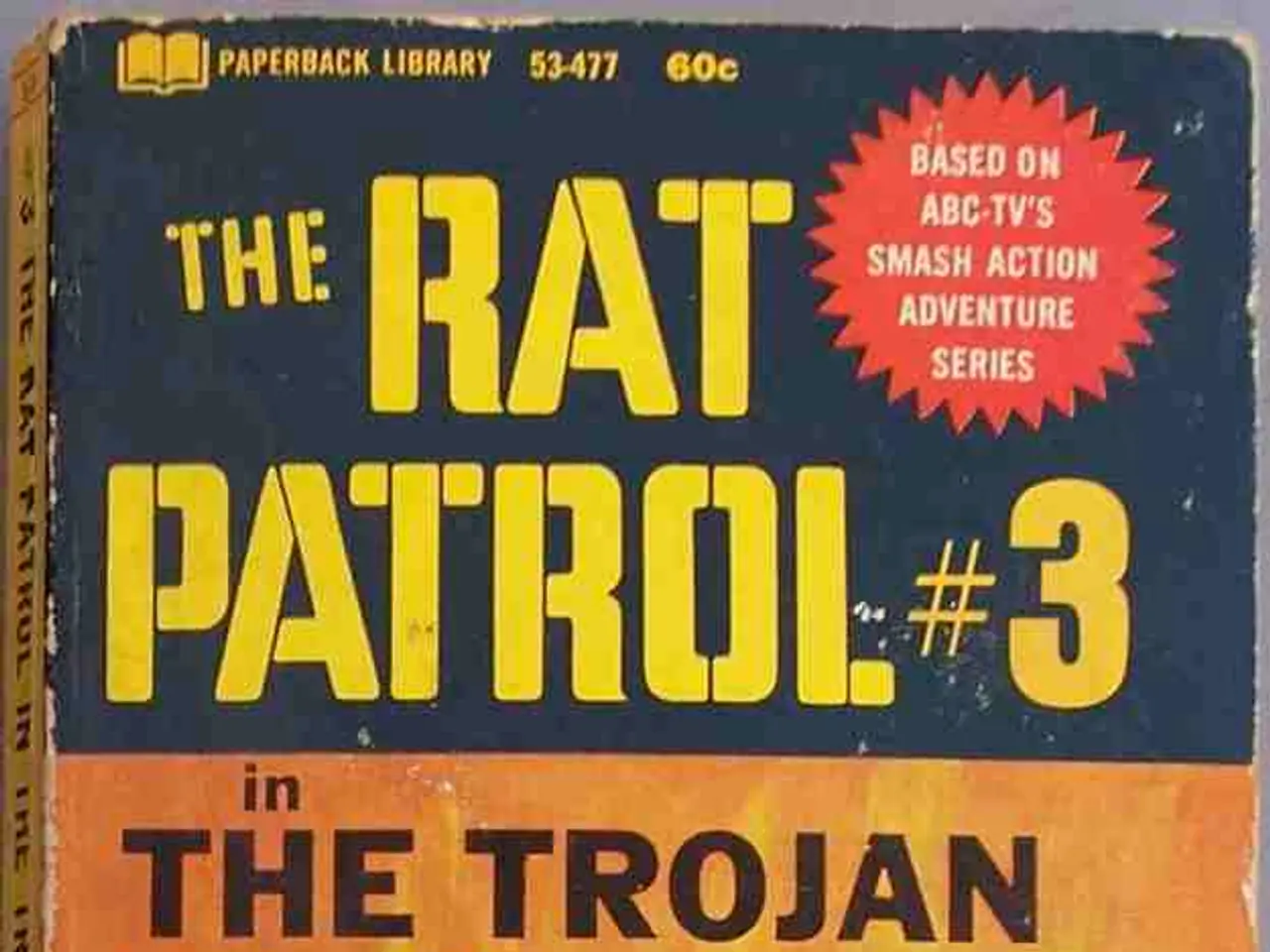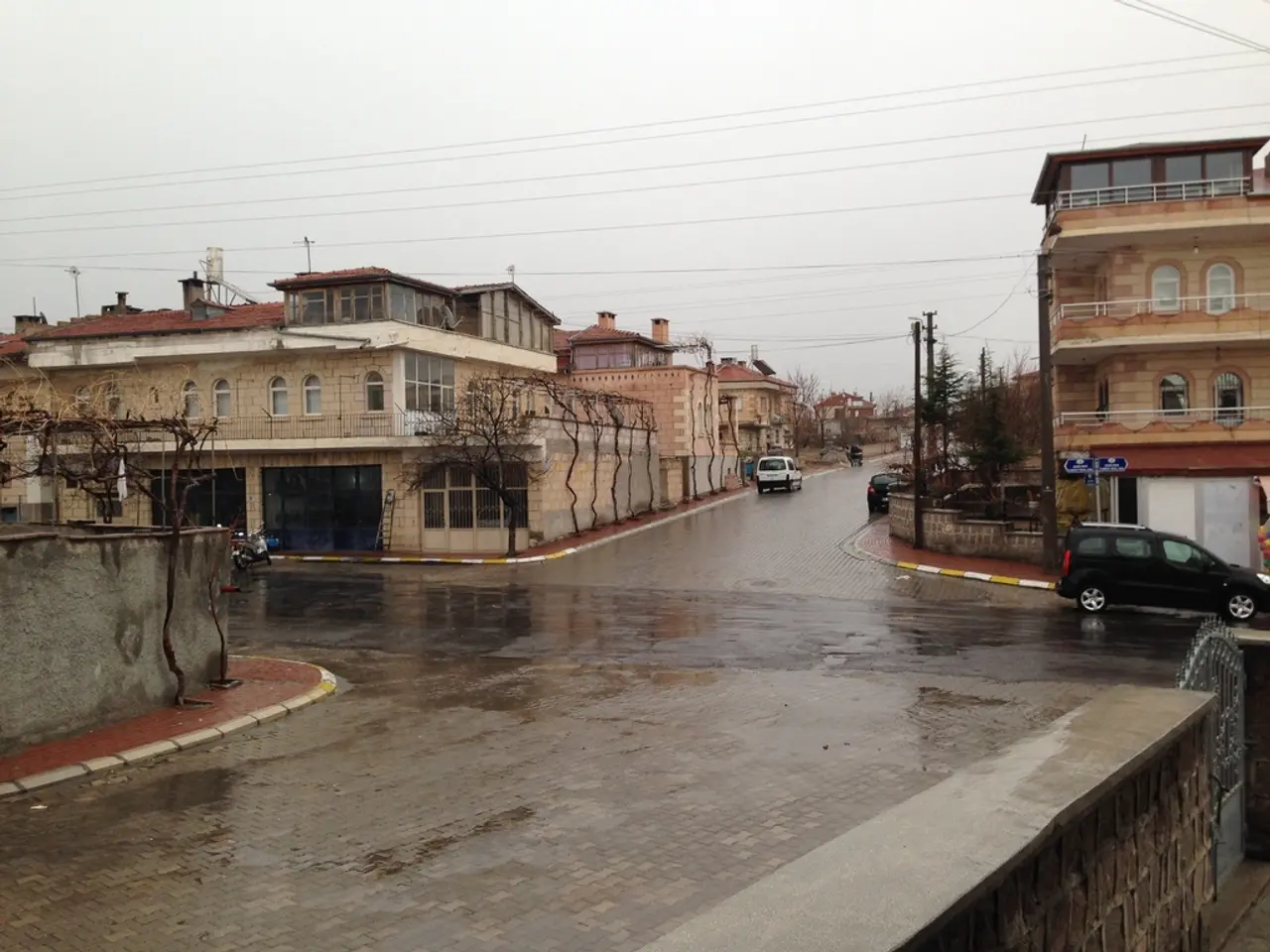Chancellor opens the door to increasing betting taxes, claiming potential to alleviate poverty for half a million children, according to recent report.
The Institute for Public Policy Research (IPPR) has put forth proposals to increase taxes on gambling as a means to fund the scrapping of the two-child benefit cap, with the aim of reducing child poverty in the UK. This strategy could potentially generate substantial revenue, estimated at around £3.2 billion, which could be used to alleviate hardship for low-income families[1][2][3].
The proposed tax hikes would primarily target high-stakes online gambling, slot machines, and major betting firms, particularly those based offshore that currently pay little or no VAT and often avoid corporation tax. These segments account for over 60% of gambling profits, largely derived from a small share of users who are also at high risk of gambling-related harm including debt and mental health issues[1][3].
The IPPR's analysis shows that these tax increases could potentially lift 500,000 children out of poverty and are expected to reduce child poverty by an estimated 7%[1][2]. The report presents taxing the gambling industry more fairly as the most effective single government action currently available to reduce child poverty in the UK[1][2].
However, the strategy is not without potential consequences. There is concern among some stakeholders about whether increased taxes might drive players to the black market, but recent analysis by UK think tanks suggests this risk is limited if tax hikes are well-structured and targeted, especially by focusing on the most harmful products[5]. Balancing the tax rates to avoid disproportionate harm to recreational gamblers while targeting high-risk sectors and users is essential.
The industry’s opposition may be strong, given the potential impact on profits and operating models, especially offshore companies benefiting from current tax loopholes[1][3][4]. Nevertheless, the approach could yield large social benefits by reversing poverty trends among vulnerable children[1][2][3][5].
Former prime minister Gordon Brown has supported the IPPR's proposals, stating that taxing the betting industry to support children won't be a gamble but an investment in their future[6]. The chancellor, Rachel Reeves, has not ruled out raising taxes on gambling as part of a broader package of measures to tackle child poverty, due to be published in the autumn[7]. The chancellor is also conducting a review into gambling taxes, with policies to be set out at the budget in the autumn[8].
References:
- IPPR (2022) [Link to the report]
- BBC News (2022) [Link to the BBC News article]
- The Guardian (2022) [Link to the Guardian article]
- Betting and Gaming Council (2022) [Link to the BGC statement]
- Responsible Gambling Trust (2022) [Link to the RGT report]
- Sky News (2022) [Link to the Sky News article]
- The Telegraph (2022) [Link to the Telegraph article]
- Financial Times (2022) [Link to the FT article]
The IPPR's tax increase proposals on the gambling industry, particularly on high-stakes online gambling, slot machines, and major betting firms, could potentially alleviate child poverty in the UK by an estimated 7%, lifting 500,000 children out of poverty[1][2]. However, concerns about the potential drive of players to the black market exist, and balancing the tax rates to avoid disproportionate harm to recreational gamblers while targeting high-risk sectors and users is essential[5]. The chancellor, Rachel Reeves, is considering tax hikes on gambling as part of a broader package to tackle child poverty[7]. The approach could yield large social benefits by reversing poverty trends among vulnerable children[1][2][3][5].








